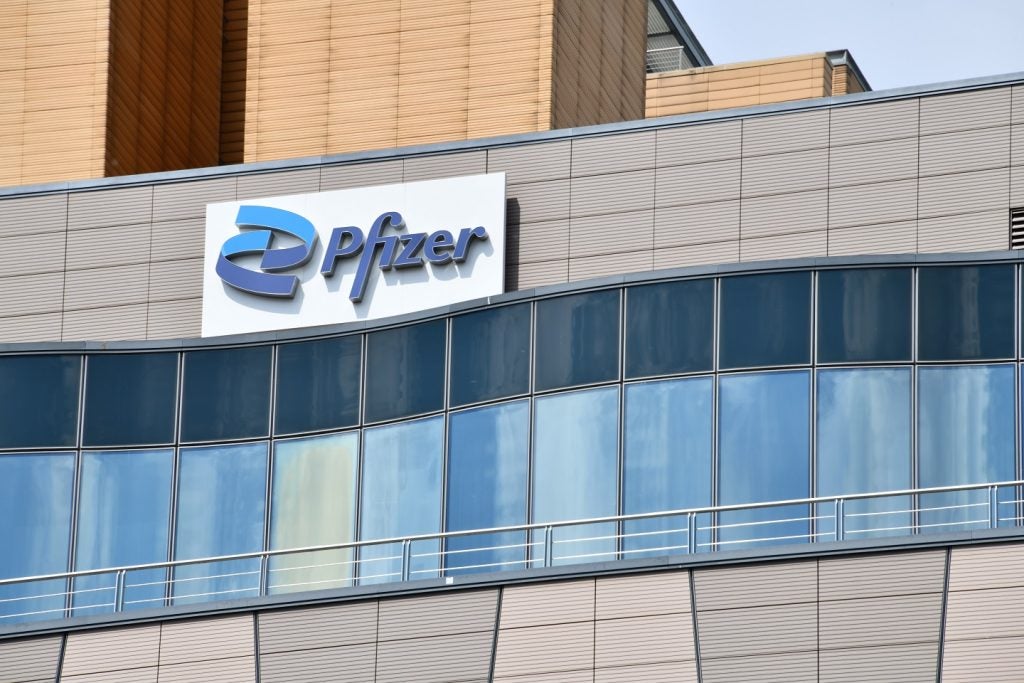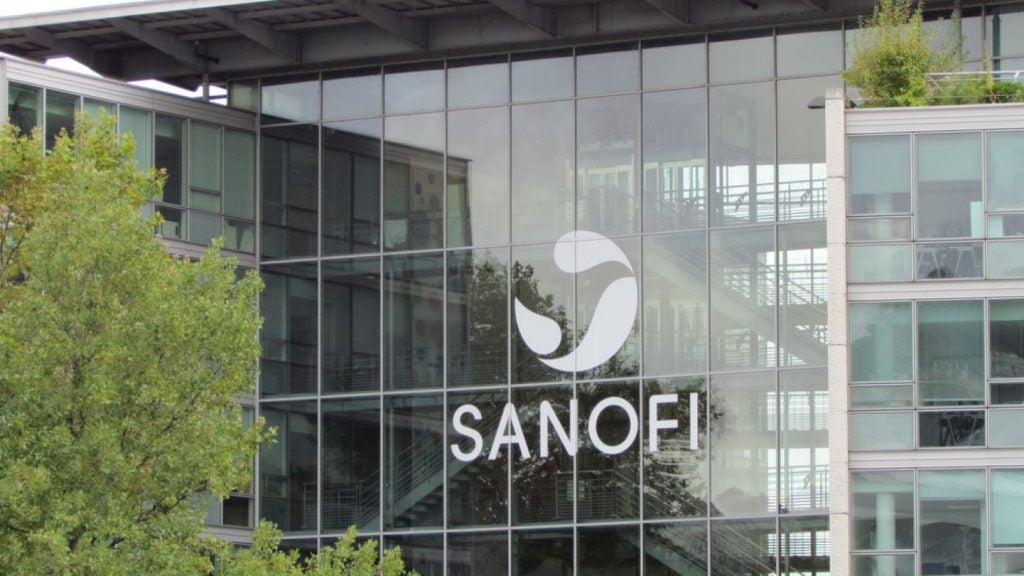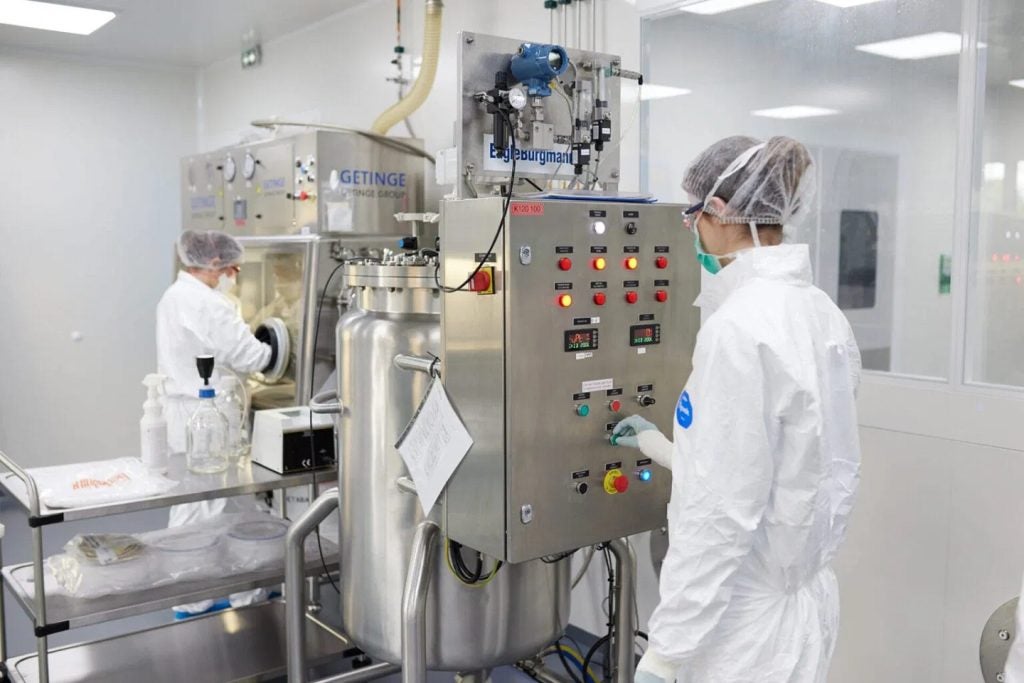Vertex Pharmaceuticals has announced plans to submit a new drug application (NDA) to the US Food and Drug Administration (FDA) after the Phase III programme investigating its non-opioid pain drug met its primary endpoint.
Treatment with VX-548 resulted in a statistically significant improvement on the primary endpoint – the time-weighted sum of the pain intensity difference from 0 to 48 hours (SPID48) compared to placebo. The Phase III programme is made up of two randomised, placebo-controlled trials investigating VX-548 after bunionectomy (NCT05553366) or abdominoplasty (NCT05558410) surgery, and a single arm safety and efficacy study that enrolled patients with both surgical and non-surgical pain conditions.
The treatment did not achieve the secondary endpoints of reducing pain when compared to a combination of the opioid drug hydrocodone and acetaminophen. Separately, Vertex reported that VX-548 shows a favourable safety profile with no serious adverse events reported.
The company had previously scrapped three non-opioid drugs, VX-128, VX-150 and VX-961 after unsuccessful Phase I and II trials, making this Phase III result a significant win for the company, despite missing out on secondary endpoints.
Vertex is now preparing an NDA for VX-548, which has both breakthrough therapy and fast track designations, which will be filed to the FDA by mid-2024.
The last few months have been a critical period of change for Vertex with the company expanding beyond its success in cystic fibrosis. In November, Casgevy a CRISPR therapy designed to treat sickle cell disease, which was developed by Vertex and CRISPR Therapeutics won a conditional approval in the UK, followed by similar decisions in other countries.
Vertex’s work in treating pain is one key part of a comprehensive strategy regarding VX-548. Following a successful Phase II trial with the drug in diabetic peripheral neuropathy last month, Vertex is now preparing for a pivotal programme. The company is also exploring various NaV1.8 and NaV1.7 inhibitors in clinical and preclinical stages to develop both standalone and combination therapies.
VX-548 is a non-opioid painkiller that targets sodium channel protein type 10 subunit alpha gene, which encodes NaV1.8. According to GlobalData’s Pharma Intelligence Center, VX-548 is forecast to generate $640m in global sales in 2029.
GlobalData is the parent company of Pharmaceutical Technology.
Opioid medications bind to specific receptors in the brain that reduce the perception of pain, whilst also producing feelings of euphoria, relaxation, and sedation, making the drugs addictive, and potentially leading to dependence with prolonged use.
The ongoing opioid crisis in the US demands alternatives to addictive pain medications. Purdue Pharma, in particular, is accused of fuelling the opioid crisis in the US by downplaying the addictive qualities of its semi-synthetic opioid OxyContin (oxycodone). The company has faced years of legal battles, with Purdue and its owners, the Sackler family, agreeing to settle its opioid lawsuits in March 2022 paying $6bn, which was meant to be distributed to states to fund addiction programs and other initiatives.
In the announcement accompanying the data, CEO of Vertex Reshma Kewalramani said: “The VX-548 benefit-risk profile ideally positions it to potentially fill the gap between medicines with good tolerability but limited efficacy and opioid medicines with therapeutic efficacy but known risks, including addictive potential.”















